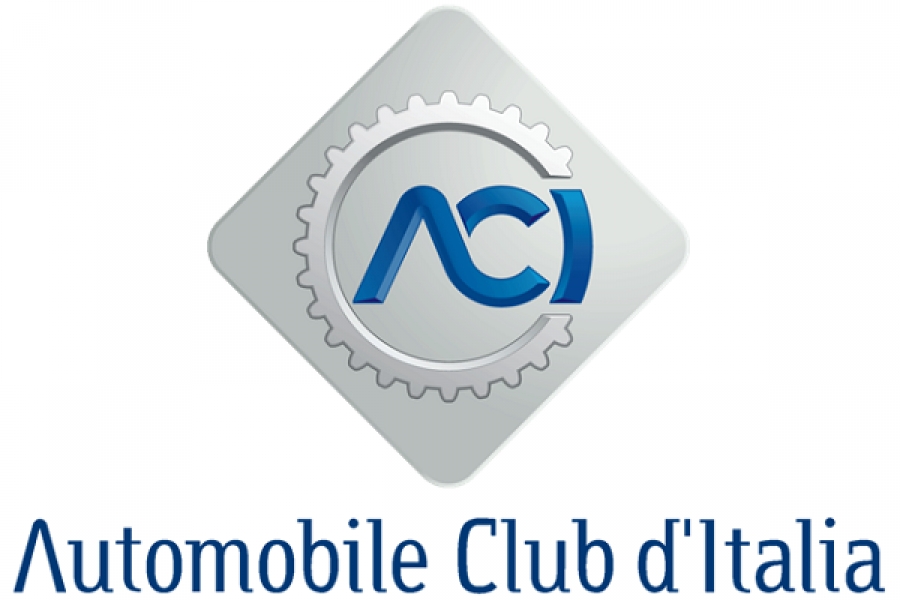With the influx of electric car companies, automobile functionality and design are finally becoming smarter, but are car-related rules and regulations keeping up? Artificial intelligence capabilities are migrating from our phones and finding new ways to be helpful behind the steering wheel, but these advances in computers, sensors, and software mean legislation needs to address new problems and situations. Simply put, these laws must provide a more nuanced and modern take on what today’s drivers need.
Automobile Club d’Italia (ACI) is a public institution dedicated to promoting and safeguarding the interests of Italian motorists. They carry out their mission to promote road safety, to act for a sustainable mobility, and to support and to develop motorsports by enhancing their positive attributes. The company also aims for all Italian citizens to have equal access to mobility-related services. To that end, they provide the necessary support to ensure social programs are never negatively affected by any kind of private profit.

Over 100 Years of Service
ACI and motorists want new measures aimed primarily at eliminating older and obsolete vehicles. This will contribute to decreased pollution, as well as less vehicular accidents (in number and severity).
Luckily, ACI is a governmental institution. Ludovico Fois, the external relations and institutional affairs advisor at ACI, speaks to that.
“It’s our duty to provide all citizens with proper, correct information and assistance concerning all mobility-related matters, regardless of the interests from various business players.”
ACI has been working for mobile Italian citizens for over 100 years, guiding and assisting Italian motorists, as well as supporting the development of a new mobility culture. As a result, Italian road users recognize ACI as their reference point for many mobility-connected matters.
“Public policy considerations clearly guide all our activities, and we commit ourselves to establishing a concept of mobility that’s smart, sustainable, accessible, and inclusive.”
Electric Challenges
Intelligent transport systems and services, digital applications, electric-powered engines, and a litany of unforeseen changes all look to contribute to future mobility challenges. Deep technological changes in the automotive sector will require more dynamic, rational, flexible, and environmentally friendly responses to sustain this new mobility culture.
ACI spent years creating a wide network of field offices, acting as a model for other companies looking to create concrete change through legislative bodies. They eventually covered the entire national territory and had a main office based in Rome, Italy. This led to widespread cooperation with governmental Italian institutions, trade associations, and European organizations, a critical synergy for progress.
ACI also organizes a wide range of activities, including road safety and driver education classes, roadside assistance, vehicle paperwork, traffic information services, and motorsport events. The breadth of offerings is indicative of the complex needs of the industry which will have to be monitored as the technologies evolve.
Just like ride-sharing companies, such as Uber and Lyft, and countless tech firms trying to eliminate or to mitigate driving-related annoyances with new technological advances, ACI is traversing this wild west of mobility. For their campaign to promote a new mobility culture, ACI won a Bronze Stevie for Communications or PR Campaign of the Year in The International Business Awards®.
“We’ve worked very hard to achieve a deep culture shift, and we’ve definitely learned it needs the generalized involvement of decision makers, designers, and technicians, as well as road users.”












